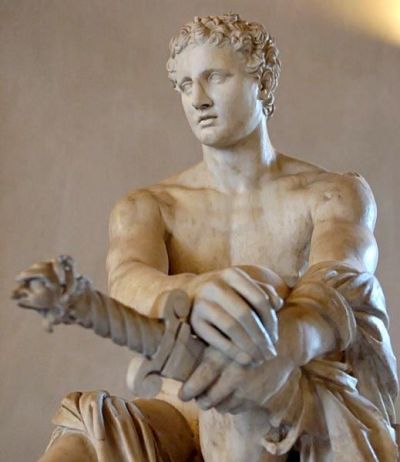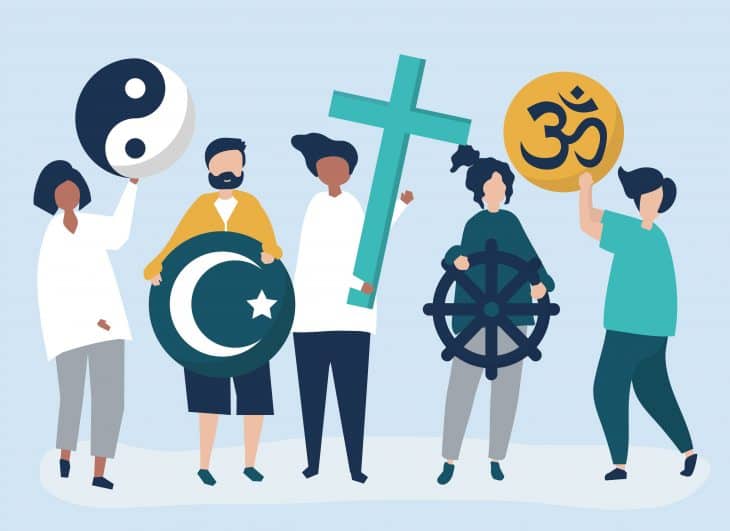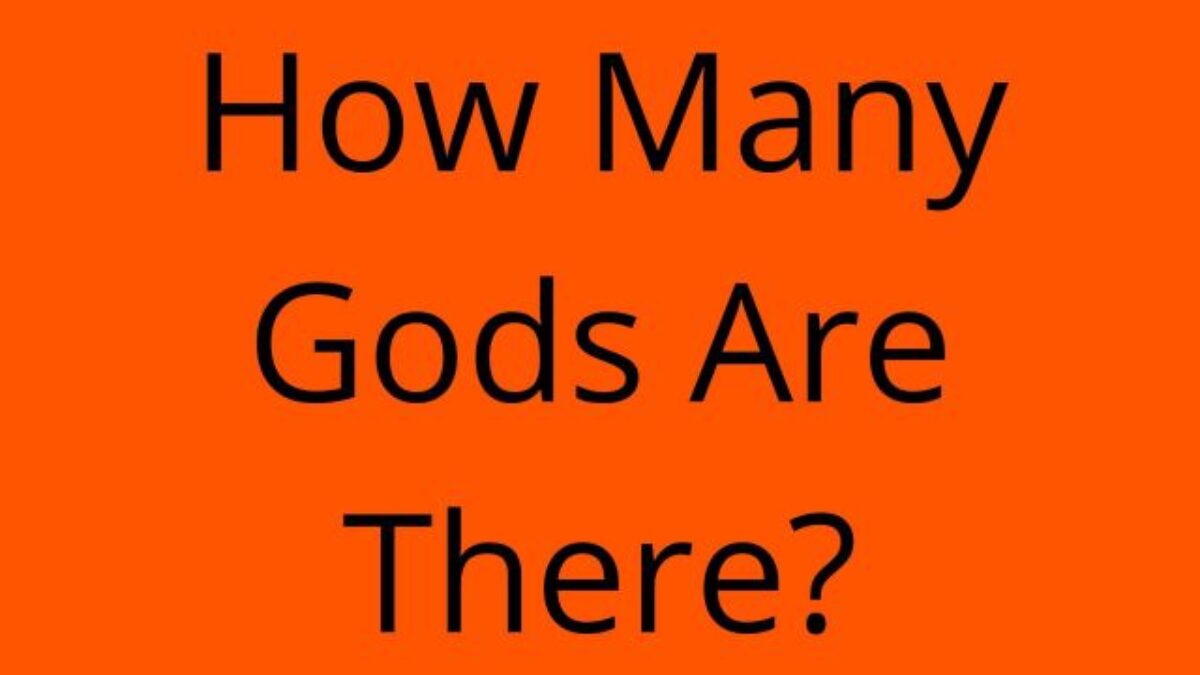
Ancient societies have often anthropomorphized their gods, incorporating human attributes and traits into their creations. The Homeric poems, common to the ancient Mediterranean region, are an example of this. Some Greeks even gave their gods the attributes of agelessness and immortality. These qualities were thought to have come from the fluid called ichor that the gods drank. This fluid would represent the life force that the gods rely on.
Human characteristics
Study participants' religious beliefs, as well as their behavioral characteristics, were associated with their anthropomorphisms. Interestingly, higher religious participants anthropomorphized God less than participants with lower levels of religiosity. They also gave God less consistent attributions of biological and psychological properties that were human-like.
Participants were asked to identify the human attributes that distinguish God from them, including the ability of forgetting. God cannot forget that attribute. But humans can. Researchers explored the relationships between these domains. They also examined personal and experiential factors in God's attribution of these attributes.

The human emotions
Despite the apparent distance between humans and animals scientists agree that animals can display emotional responses. For example, elephants and wolves wag their ears when reuniting, and they emit a greeting rumble when they meet. Animals may become disengaged from their social circles or stop eating after they lose a friend. Philosophical and scientific traditions of the present day continue to debate whether animals are capable of feeling emotions.
Some people are against the idea that nonhuman agents can assign human emotions to humans, but others disagree. In the 1600s, Francis Bacon challenged the idea, arguing that everything behaves to achieve an end. But anthropomorphism continues to be popularized, as research has shown that animal behaviour is often closely related with human behavior. People can also project their personalities onto animals to overestimate similarities between humans, and vice versa. But, research has shown that humans and animals have many similar features, such as tool making and language.
Human form
Many religions present their deities in human forms, a process called anthropomorphism. It's the representation of God in human form to make the divine more accessible to us. Many times, the Greek gods were depicted as humans, which exhibited both noble and evil human qualities. In some cases, the gods were even depicted in a blend of human and animal forms.
Many cultures also consider the importance of human form. To link the divine and humanity, the Greeks, for instance, represented their gods in human form. This practice was widespread throughout the ancient world. Others cultures also depicted the divine as human beings, so their deities can be seen as both animal and human.

Human operations
The images of anthropomorphic gods in ancient art have been common. They are found in Greek and Roman statuary. They are also mentioned by the Bible (Genesis 2:17).
Organs for the human body
Anthropomorphism is an idea in which the Deity is represented as human with human organs. A lot of Deities are represented with emotions like love, hate regret, joy, joy, sadness and other emotions. Some people believe that God needs food just as humans. One example would be a god who could have human organs (e.g. the heart, liver, and brain) in a cannibalistic community.
Anthromorphism is an important tradition in Western thought. It can also be found within other religions. The Vedantic philosophy, for example, considers the notion of personal theism as a lower form of religion, while Mahayana Buddhism's anthropomorphic pantheon is based primarily on symbolic imagery. Eastern religions embrace anthropomorphism, however, to allow for diversity in religious interpretations.